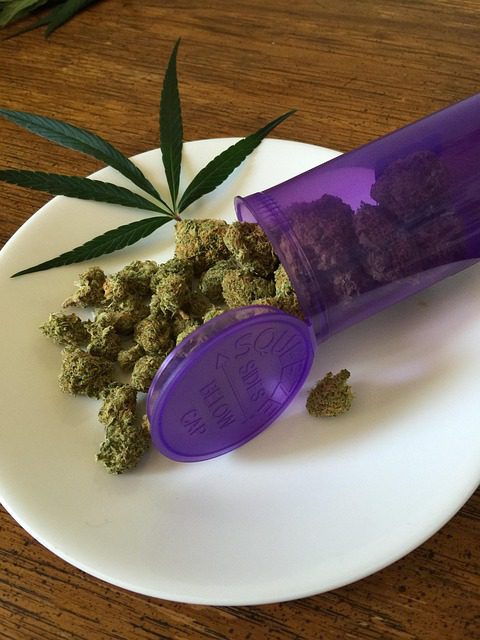Weed in São Paulo: Laws, Culture, and Risks

São Paulo, Brazil’s largest city, is known for its vibrant culture, nightlife, and diverse communities. When it comes to weed (cannabis), however, the situation is complex. While Brazil has made some progress toward cannabis decriminalization, weed remains illegal for recreational use. However, it is widely available in São Paulo, and attitudes toward it are slowly shifting on weed in Sao Paulo.
This article will cover:
- The legality of weed in São Paulo
- Consequences of possession and use
- Availability and risks
- Public perception and the future of cannabis in Brazil
Is Weed Legal ?
No, recreational weed is illegal in São Paulo and across Brazil. However, in 2006, Brazil passed a drug law that decriminalized personal use. This means on weed in Sao Paulo:
- If you are caught with a small amount of weed for personal use, you won’t go to jail.
- Instead, you might face a fine, community service, or be required to attend a drug awareness program.
- There is no clear definition of what counts as “personal use”, so punishment depends on the police officer’s judgment.
Meanwhile, medical cannabis is legal in Brazil, but only under strict regulations. Patients need a prescription and approval from ANVISA (Brazil’s health agency) to use cannabis-based medicines, especially those containing THC.
Penalties for Possession and Trafficking
Even though personal use is decriminalized, selling, growing, or trafficking weed is still a serious crime in São Paulo. The penalties include:
- Selling or distributing → 5 to 15 years in prison
- Growing cannabis → Illegal without authorization
- Large-scale trafficking → Can result in long-term prison sentences
Police officers have discretion when deciding if a person is a user or a dealer, which leads to unfair treatment. Wealthier individuals are often seen as “users” and avoid harsh punishments, while poorer individuals are more likely to be arrested and charged as traffickers.
Weed Availability
Weed is easily available in São Paulo, despite its illegal status. Some common ways people obtain it include:
- Buying from street dealers → Many operate in areas like Cracolândia, but this is risky due to crime and police presence.
- Connections through social circles → Many people prefer to buy from trusted sources instead of public markets.
- Online black markets → Some try to use social media or messaging apps to arrange purchases, but this carries legal risks.
The most commonly found cannabis in São Paulo is pressed brick weed (“maconha prensada”), which is usually low quality and mixed with other substances. Higher-quality hydroponic weed (“flor” or “haxixe”) is also available but more expensive.
Public Attitudes Toward Weed in São Paulo
Cannabis is becoming more accepted in São Paulo, especially among young people and the middle class. Many people support legalization or decriminalization, arguing that:
- Regulating weed could reduce drug-related crime
- It could provide tax revenue and medical benefits
- It would reduce unnecessary arrests
At the same time, conservative politicians and religious groups continue to oppose legalization, claiming that drug use leads to crime and social problems.
Despite these debates, São Paulo has a growing cannabis culture, with events like Marcha da Maconha (Marijuana March) advocating for legalization.
What’s Next for Cannabis?
Brazil is slowly moving toward more progressive cannabis policies, but full legalization is still a long way off. While medical cannabis use is expanding, recreational weed remains illegal, and law enforcement is still unpredictable.
If you’re in São Paulo, be aware of the risks before using or possessing weed. While attitudes are shifting, the law still considers cannabis illegal, and police crackdowns are common.